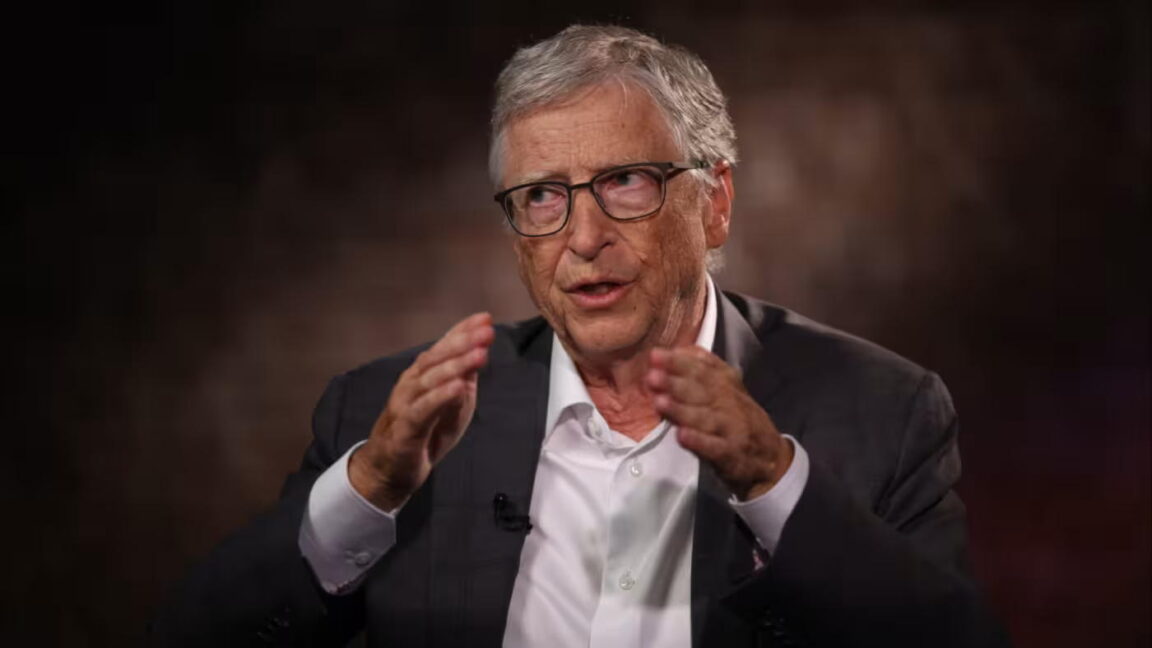Depending on the context, this may or may not be a false dichotomy.
If considering the act of voting in an election in a country with a two party system, each with a different shade of neoliberalism, then there are two choices realistically, and picking the lesser evil is a decent moral choice.
If considering other countries or primaries where there are more than two options polling above 2%, then it’d be a false dichotomy.

































I understand they have more urgent things to tackle, but would be curious to know what they consider higher priority.
Their latest release announcement seems to focus on AI a lot https://about.gitlab.com/eighteen/
Hopefully it’s done carefully, not an excuse to push all users to run an AI slop machine.